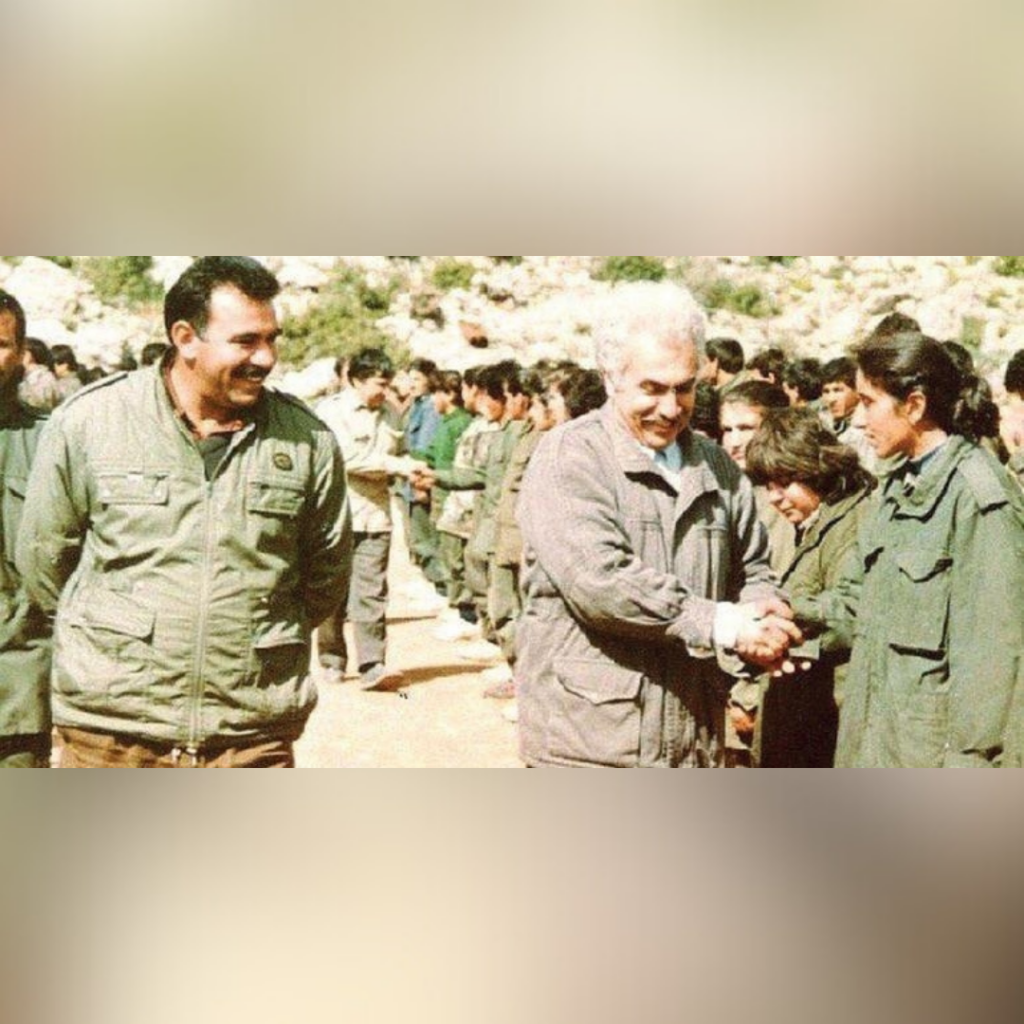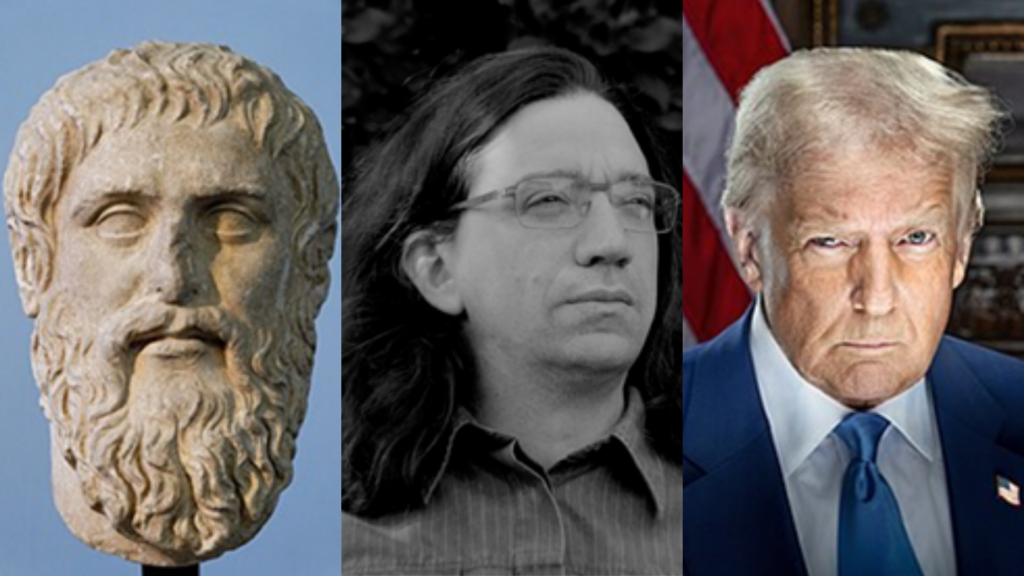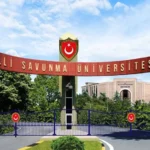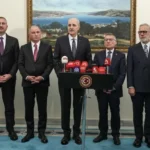Halil Berktay
The Turkish original of this article was published as 'Devrimci belleğin hayaleti, kumdaki son ayak izleri' on 13th June 2015.
This time the AKP could get no more than 41 percent, with which it can no longer form a majority government. For some of us, this is a significant warning, but at the same time no more than a significant warning, served by the electorate. It is possible to regard this as an opportunity by the AKP to undertake some comprehensive inner revision, and to settle on a relatively more liberal-democratic, non-polarizing, normalizing and parliamentary line. Meanwhile, it is also desirable for Erdoğan to withdraw inside the presidency’s existing and reasonable limits, to relinquish his know-all attitude, and to refrain from interfering with the government and his former party at every turn. This, indeed, is what I personally would want. And I would additionally hope that in this way, it might also be possible to repair whatever can be repaired of the great damage that he inflicted on the quest to solve the Kurdish question by publicly rejecting the Dolmabahçe agreement to deliver a flying kick to the negotiating table.
But this is one thing; to escalate polarization now from the opposition end in pursuit of an empty dream of absolute victory is another. Surfing the internet, I keep coming across those who keep flying on wings of fancy “from the Gezi spirit to the spirit of 8th June.” The way they connect these two is that the people’s “revolutionary wave” first crested at Gezi, then retreated in the face of “counter-revolutionary terror,” but is now “rising yet again” as reflected by the 7th June outcome. There are even those who believe that we are now at least in February 1917, but it won’t be long before we get to October. Pure rubbish, you might say, but no, this hopelessly anachronistic blueprint has fixed itself firmly in the mind of a certain type of leftist, from where it even infects elite intellectuals. Some among them still carry imperceptible traces of such memories in their subconscious, which may be why they seem to be thinking in terms of a brief window of opportunity provided by conditions of “dual power” or even a “power vacuum.” The corollary is that if this opportunity is not seized by “the revolution” then it might shift in favor of “the counter-revolution” which would thereby re-emerge triumphant. It is this historically theorized fear that leads them to insist that “the counter-revolution” (which in this case happens to be the AKP) must be utterly crushed and pulverized if it is not to rear its in the future.
It takes only one step further for all this pent-up passion and vindictiveness to result in a total disconnect from reality. The AKP has caused real and serious damage to law and democracy, it is alleged, which can be saved only through a CHP+MHP+HDP coalition, or at least a CHP+MHP coalition that would be supported by the HDP from the outside. Everything else aside, not only do they actually imagine that this coalition can be achieved in practice, but they also go to the extreme length of setting up special commissions of inquiry (on paper) that will be charged with bringing about a comprehensive “restoration” — including dreams of trying and sentencing all the former ministers targeted by the 17-25 December 2013 tapes and even Erdoğan. Partly anchoring this fantasy appears to be the illusion or delusion that having lost nine points it is all over with the AKP and that Erdoğan too has thereby automatically forfeited the presidency. Last but not least, this entire coalition and “restoration” project happens to coincide rather precisely with, or actually directly is, the Gülen Community’s maximal revanchist program.
It is both wrong and impossible. It is about saying amen to a prayer that even God cannot grant. Next time, I would like to explain just why, starting with what it is that they would want to “restore.”
Yazıyı beğendiysen, patronumuz olur musun?
Evet, çok ciddi bir teklif bu. Patronumuz yok. Sahibimiz kar amacı gütmeyen bir dernek. Bizi okuyorsan, memnunsan ve devam etmesini istiyorsan, artık boş olan patron koltuğuna geçmen lazım.
Serbestiyet; Türkiye'nin gri alanı. Siyah ve beyazlar içinde bu gri alanı korumalıyız. Herkese bir gün gri alanlar lazım olur.


















